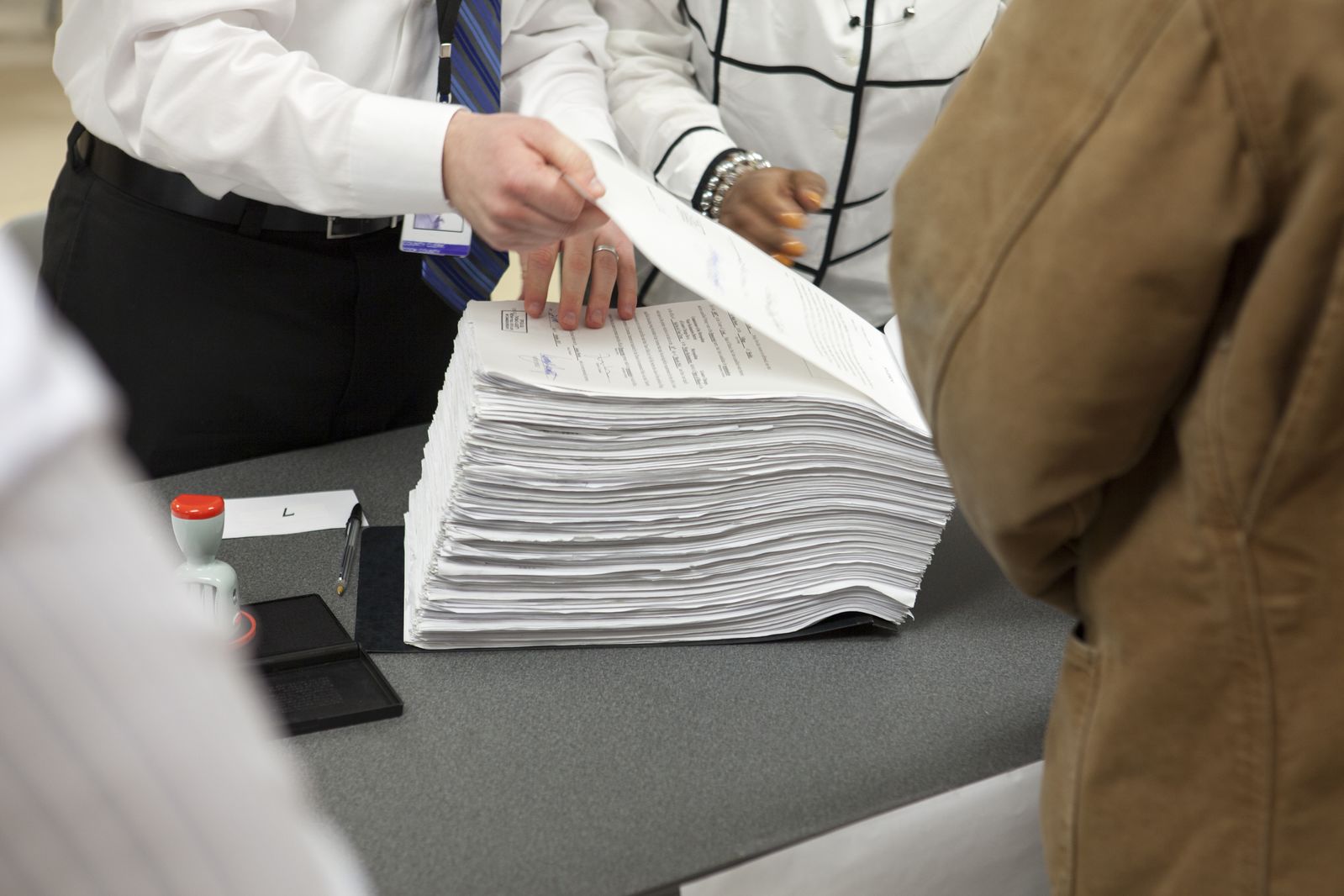On June 30, the filing deadline passed to run for U.S. Congress in Guam. The U.S. territory of Guam is represented in Congress by one at-large, non-voting member who is elected every two years. Guam’s current delegate is Michael F.Q. San Nicolas (D), who was first elected in 2018.
Rep. San Nicolas and two challengers filed for the seat. One, Robert Underwood, will be on the ballot with San Nicolas in the Democratic primary on August 29. William Castro is the other challenger, and as the only Republican in the race, he will automatically advance to the general election on November 3 and face the winner of the Democratic primary.
The origin of non-voting delegates in the U.S. House of Representatives dates back to the Continental Congress and the establishment of the Northwest Ordinance in 1787. Many territories would go on to become states, with Alaska and Hawaii being the most recent to do so in 1959. At that time, Puerto Rico was the only territory left with representation in Congress. Guam gained the right to elect a congressional delegate in 1972. Washington D.C., the U.S. Virgin Islands, American Samoa, and the Commonwealth of the Northern Mariana Islands also elect non-voting delegates to Congress.


